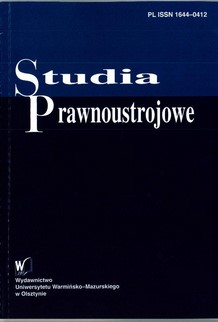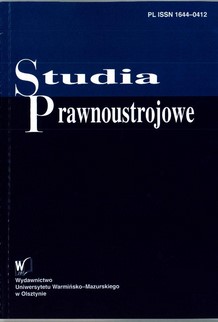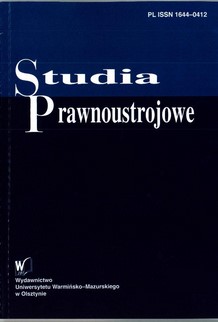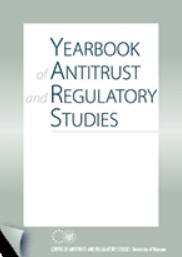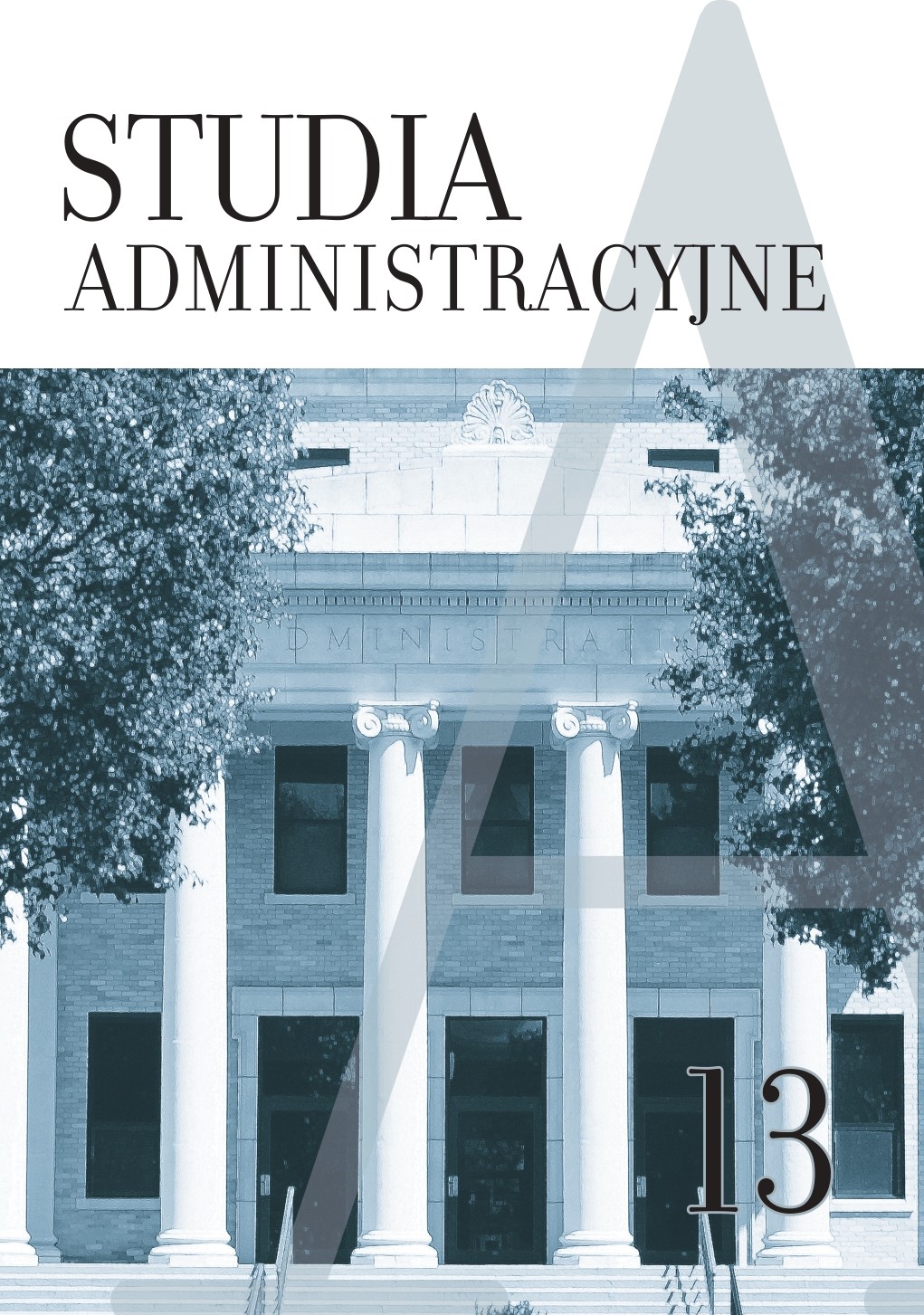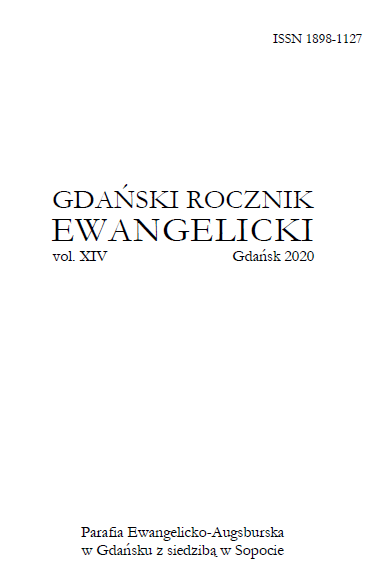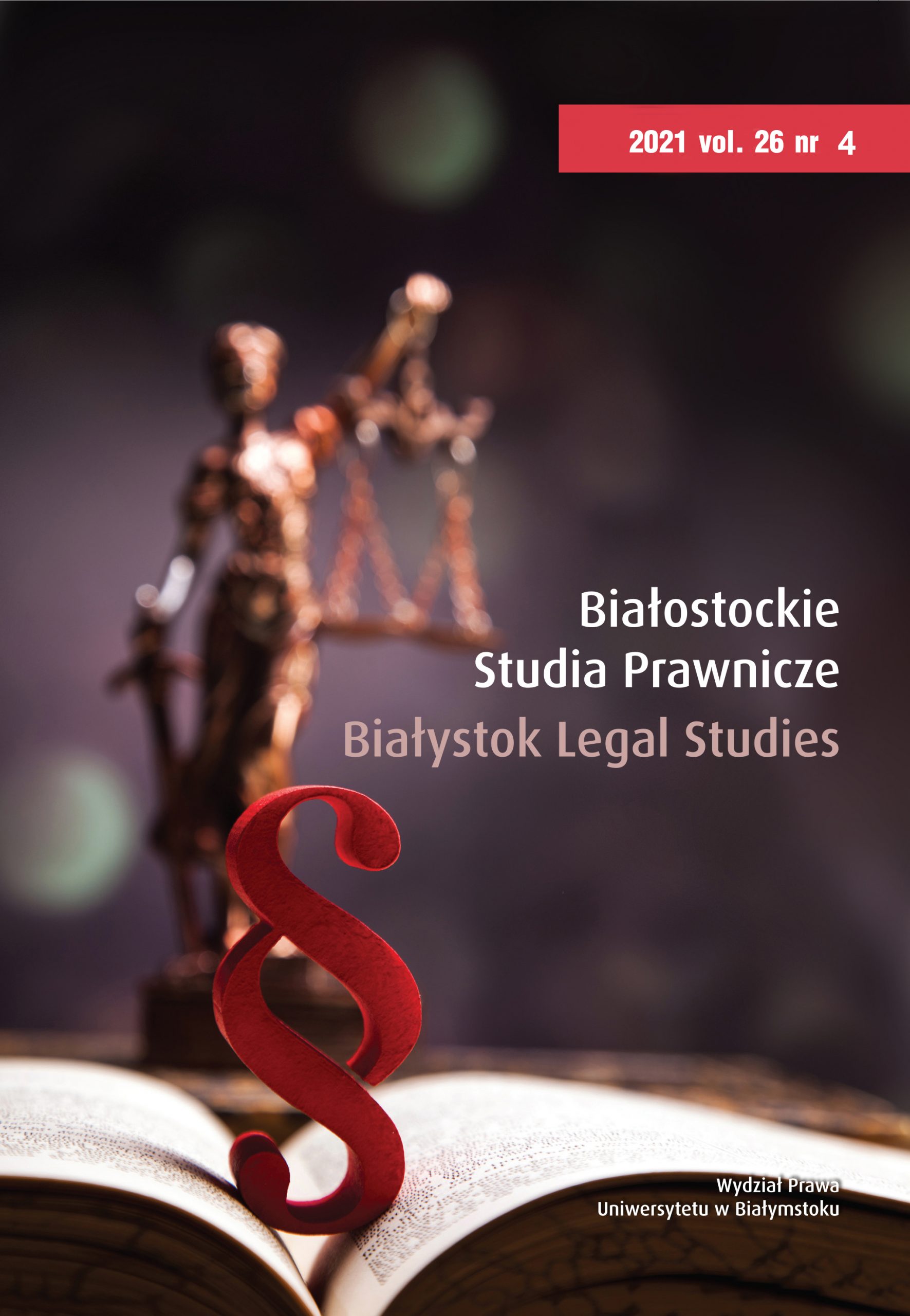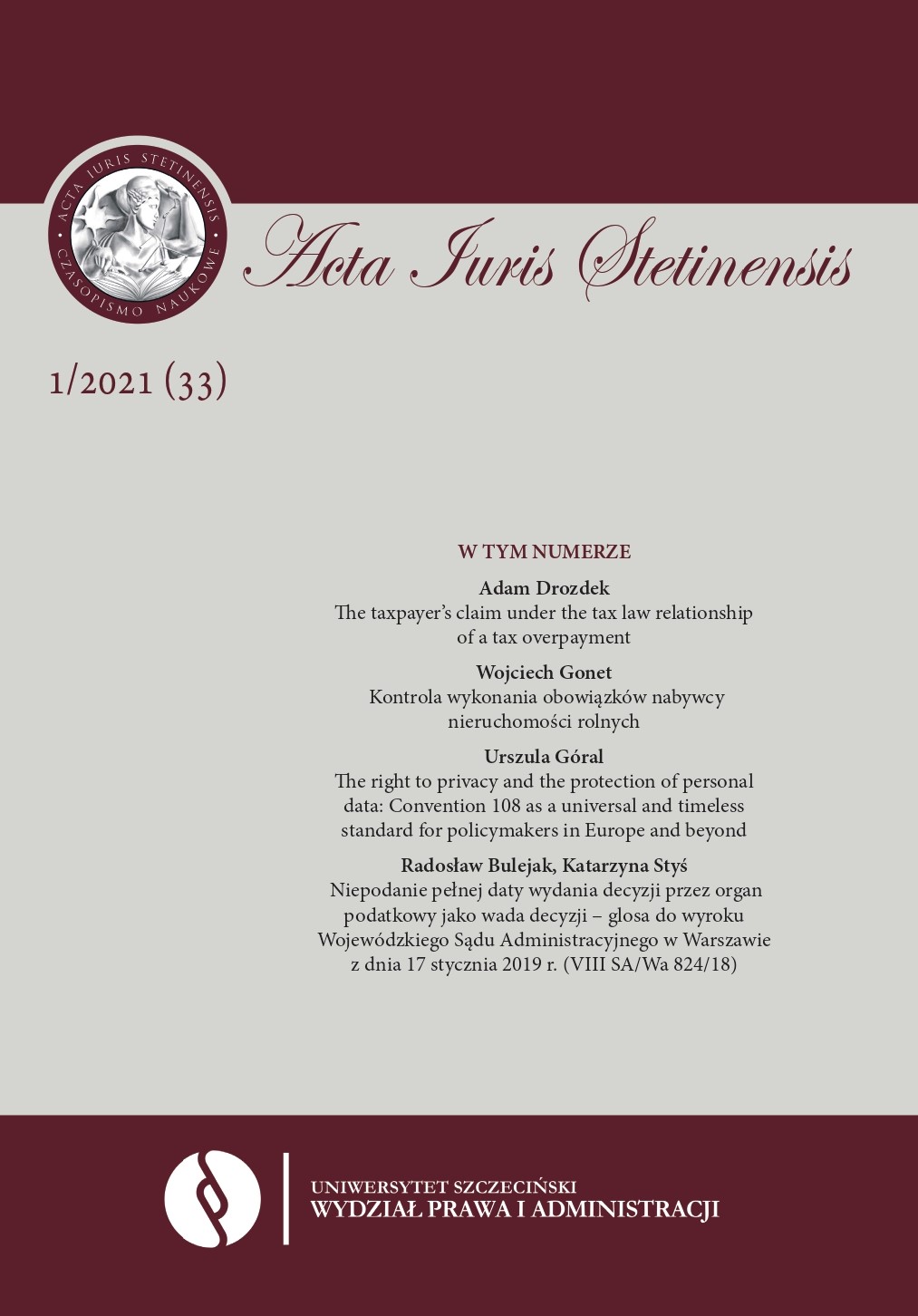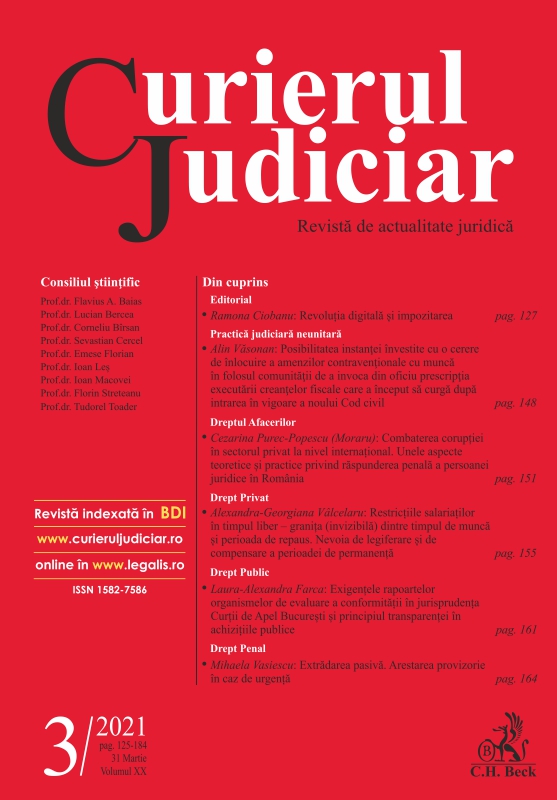
ANONYMITY AND OPENNESS IN GAMETE DONATION: THE RUSSIAN POLICY ON THE THIRD-PARTY REPRODUCTION
The Russian Federation is one of the few jurisdictions where recipients and gamete donors have a wide scope of choice between anonymous, identifiable, and known donations. This paper examines how the Russian law regulates this sphere and how it is applied in practice basing on data collected in the largest reproductive cells bank in Russia. It demonstrates that the Russian Federation should be regarded as a country in which there is no single dominant approach to the matter of donor anonymity. The assessment of this ‘freedom of choice’ is not unambiguous. It gives recipients and donors the right to decide which option is the most suitable for their needs and motivations, simultaneously not resolving which values take precedence over others. The donor-conceived persons’ right to disclose donor’s identifying data sometimes may conflict with the donor’s right to protect their privacy and usually, jurisdictions decide which one has the priority.
More...
